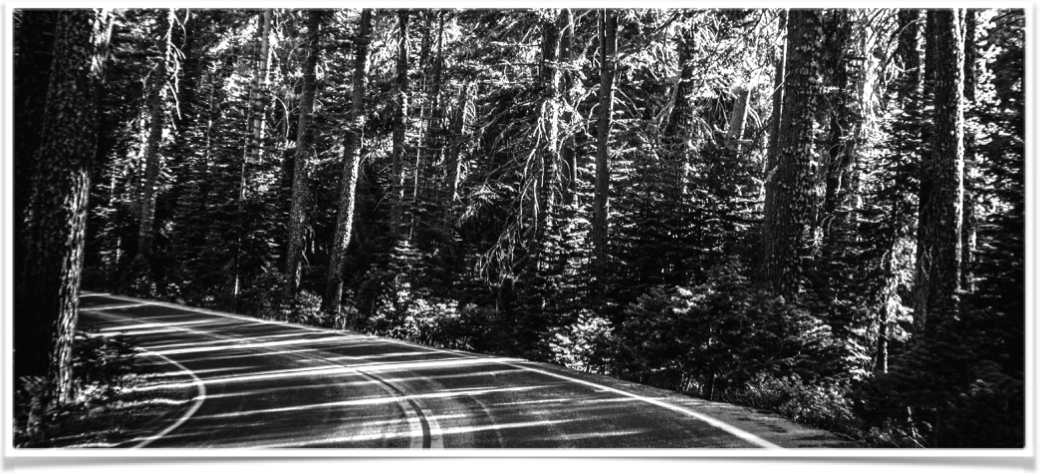Hello All,
Nothing beats the anticipation of leaving the country for the first time. All I have to do is think about customs and I get fever dreams. On January 28th I will be boarding a plane out of LAX to begin a three week long research trip to Nicaragua where I will be completing two projects on Field Behavior and Conservation Biology.
The first ten years of my life I lived on a horse ranch. Every day I learned a new concept of biology, whether it was the ants that invaded my pepper tree fort or watching a mare give birth. Surely this had some role in my decision to go to UCLA and more specifically to focus my studies on Environmental Science and Conservation Biology. I can only imagine what younger me would do if he knew some day he would be participating in such a unique and valuable project, in Nicaragua of all places!
Perhaps even more horribly exciting/terrifying than leaving the country for three weeks is my hope for measureable, quantifying, and novel data. I know that this is not a unique experience; every butterfly-net-wielding, fisherman-vest-owning scientist has felt this. For me, a lot more seems to be riding on this.
When I came to UCLA I knew I wanted to be a surgeon. And then I didn’t know what I wanted or who I was (again, not a unique feeling). I have since then taken relative comfort in the idea that I will grow up (or perhaps I will never grow up) and contribute to conservation research. Maybe even save a species or two, you know, attainable goals. These next few weeks are going to validate this, hopefully. I imagine myself stepping off of the 4 hour boat ride down the Río San Juan, placing my two feet on the dark chocolate rainforest floor, and knowing that THIS is what I want to do for the rest of my life. But I could just as likely perish from over-perspiration and return to Los Angeles, knowing nothing once again.
Until Then, Cheers,
Joseph Nikko Curti

